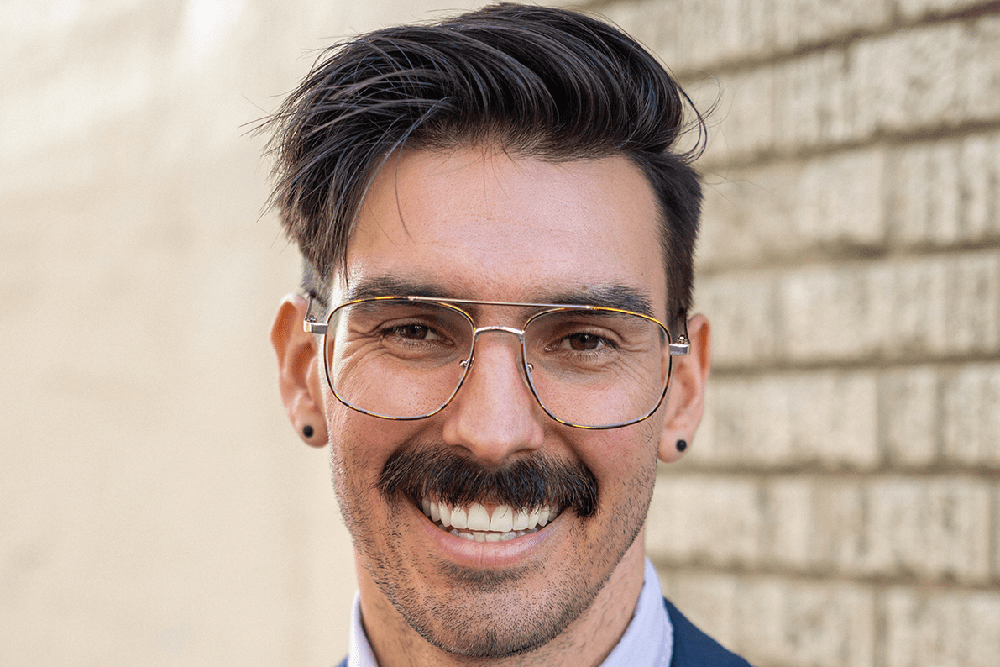Chase Engelhardt

Biography
Chase Engelhardt began his nonprofit journey interning as a community organizer, continuing in Washington, D.C. doing environmental policy research, strategy development, and community engagement with a policy research organization. After receiving a B.A. in International Politics from UC Santa Cruz, he took his knowledge of program design and evaluation to the Boys and Girls Club, where he managed a volunteer program, a mentoring program for homeless youth, and an environmental education club.
In search of more experience in the international arena, Chase moved to South America, where he lived for three years. In Peru, working in informal settlements, he managed an environmental program that involved coastal conservation, community gardens/composting, environmental advocacy, and environmental education. In Chile, he worked on an urban farm and environmental education center while also serving as a consultant for urban agriculture and community organizing for a range of local organizations.
Back again in Los Angeles, Chase has worked at Safe Place for Youth to manage hundreds of volunteers to serve unhoused youth and to fight for more equitable and sustainable housing and urban policies. At Climate Resolve, Chase engaged in community organizing and policy analysis on issues related to housing, transportation, land use, and community development. Chase has focused most of his studies at UCLA on social/affordable housing development and policy.
In his spare time Chase likes to surf and make music.
Project Overview
This project aims to generate a list of potential assumptions to make non-Low-Income Housing Tax Credit (LIHTC) development affordable and feasible. The list will be developed and honed through interviews with industry experts and state and local agency staff.
Upon completion, these assumptions will be utilized at varying scales in pro formas for affordable housing development to quantify their potential impact and evaluate the feasibility of alternative forms of affordable housing.
Why is this topic, specifically, important to you?
Housing affordability is personally important to me, having experienced rent burden and housing insecurity. Additionally, housing affordability is a crucial linchpin in so many of the issues I care about from racial justice and climate change to addressing car dominance in L.A. So much meaningful work has been done on social housing, and my hope is that by examining the quantitative impacts of certain social housing practices, we can help increase the amount of affordable housing that can be produced in California.
Who are the partners involved in this project and how will you be working with them?
Abode Communities is the principal client who will supervise the project, provide pro formas for analysis, and help connect me with interview subjects. Additionally, Southern California Association of Nonprofit Housing (SCANPH) is providing guidance on shaping my financial and policy assumptions.
How do you hope that this project will impact the field moving forward?
My hope is that this project can provide a tangible starting point for what is possible beyond the limitations of our current affordable housing system. More ambitiously, I hope that it can demonstrate the acute need for creative thinking, government coordination, and advocacy in greatly increasing our output of new affordable housing units.
Fellow at a Glance
FELLOWSHIP YEAR
ACADEMIC BACKGROUND
PROJECT TITLE
